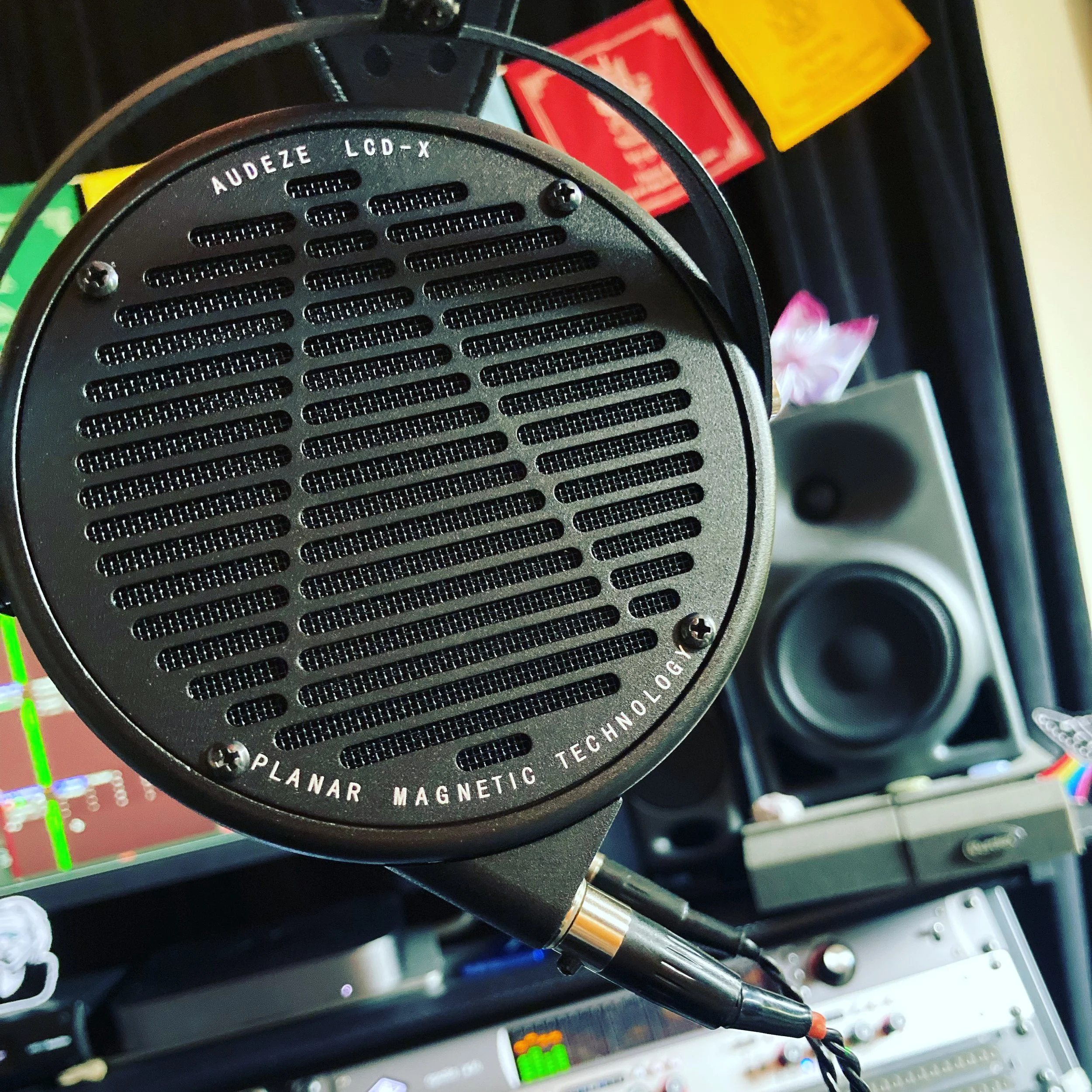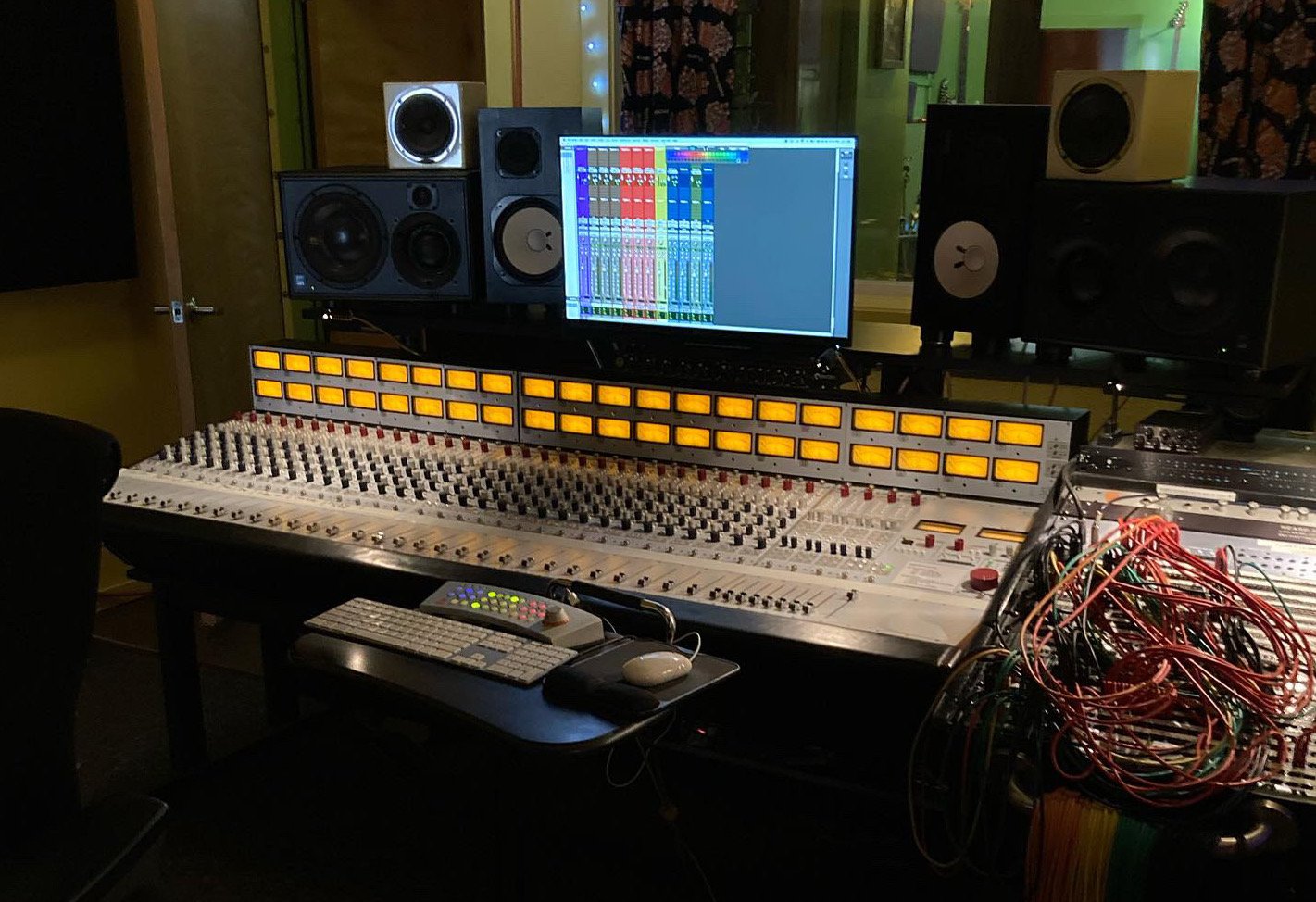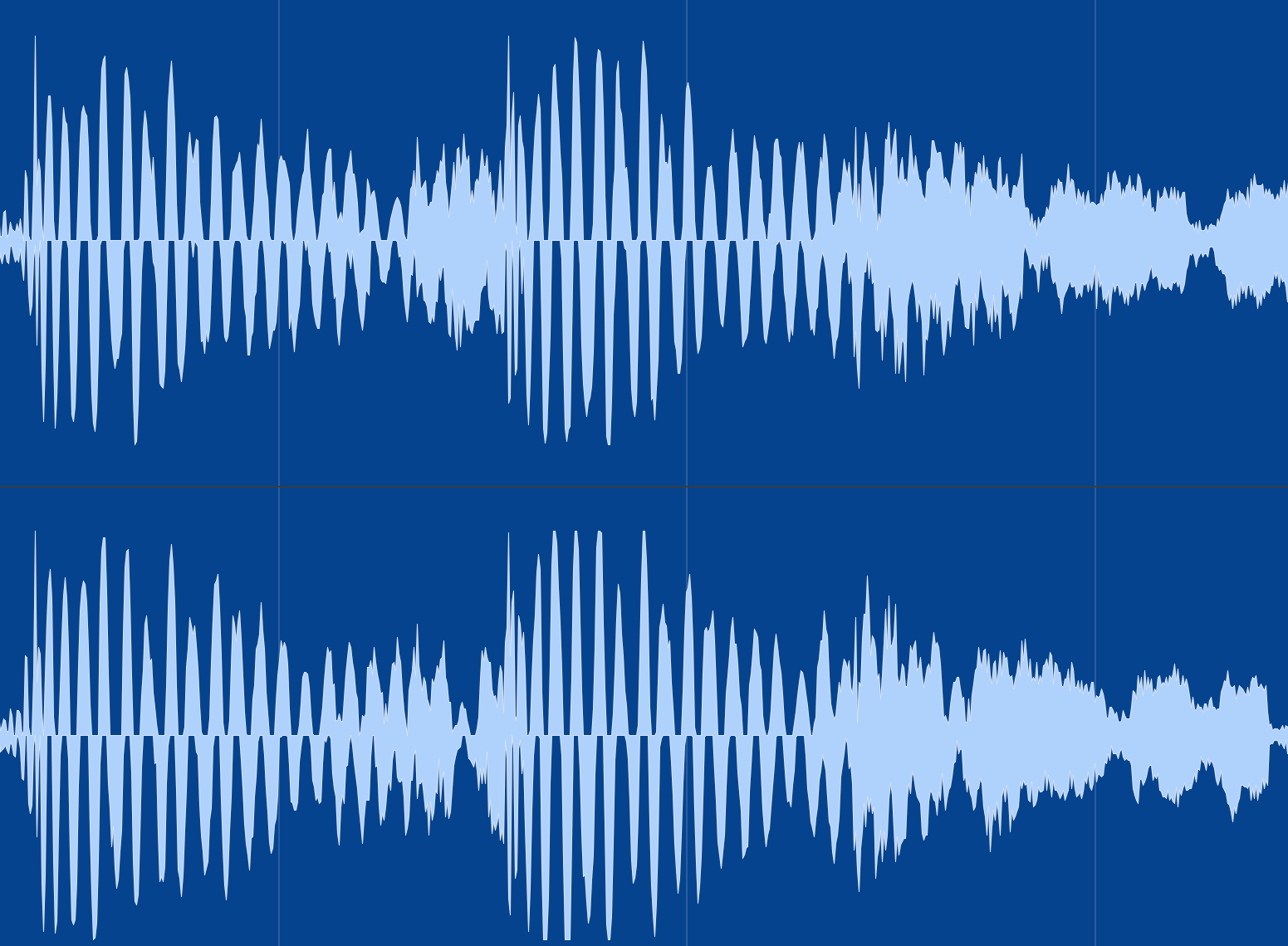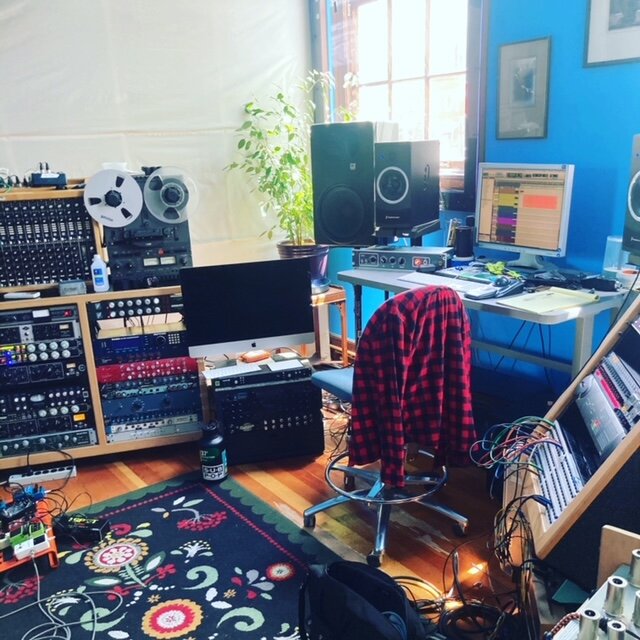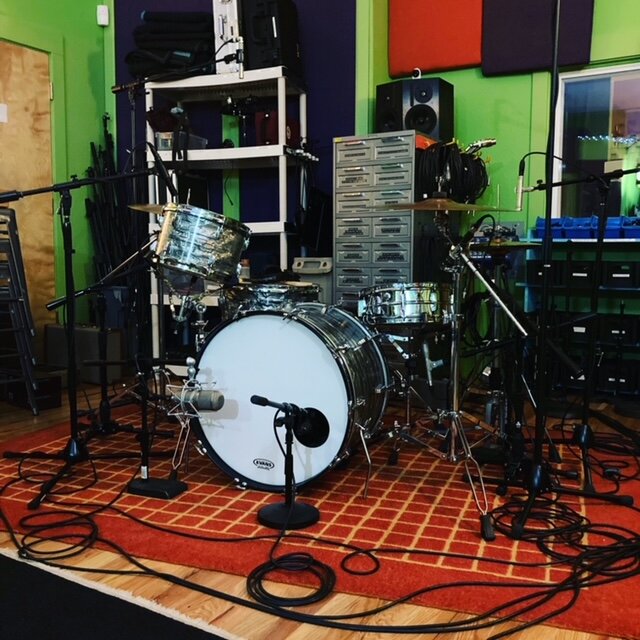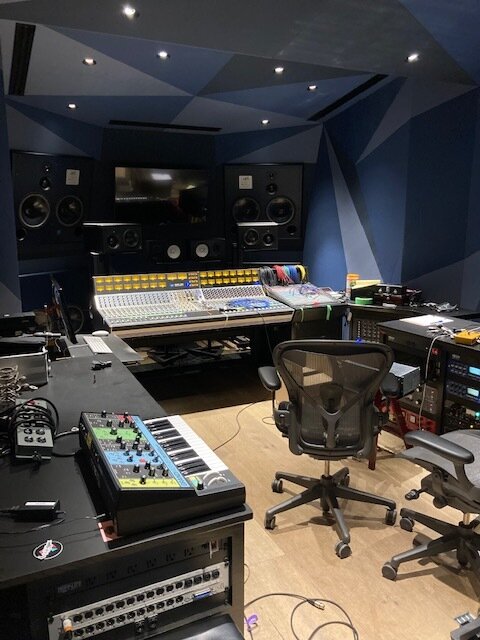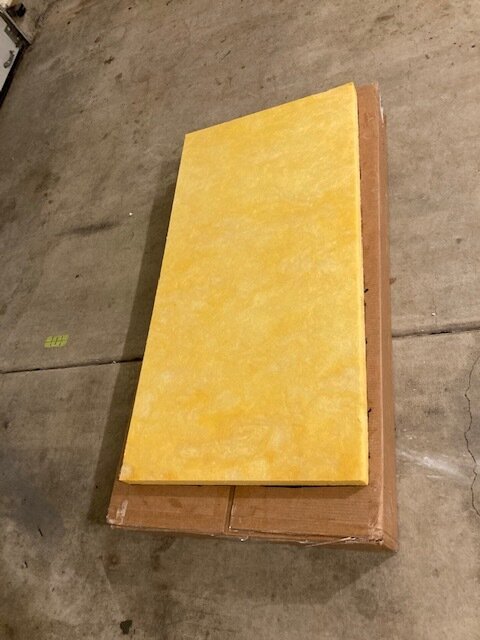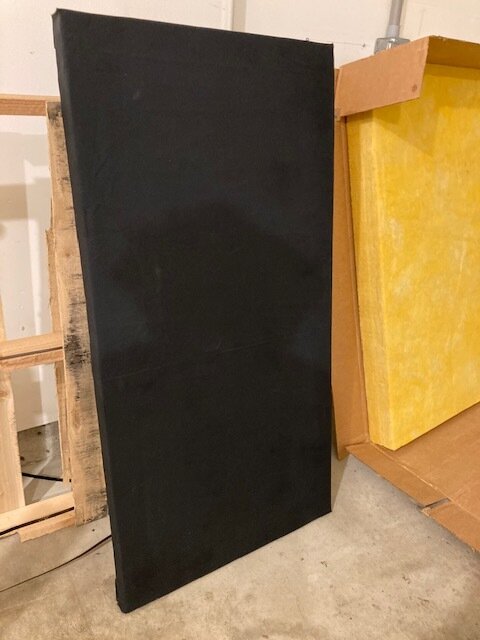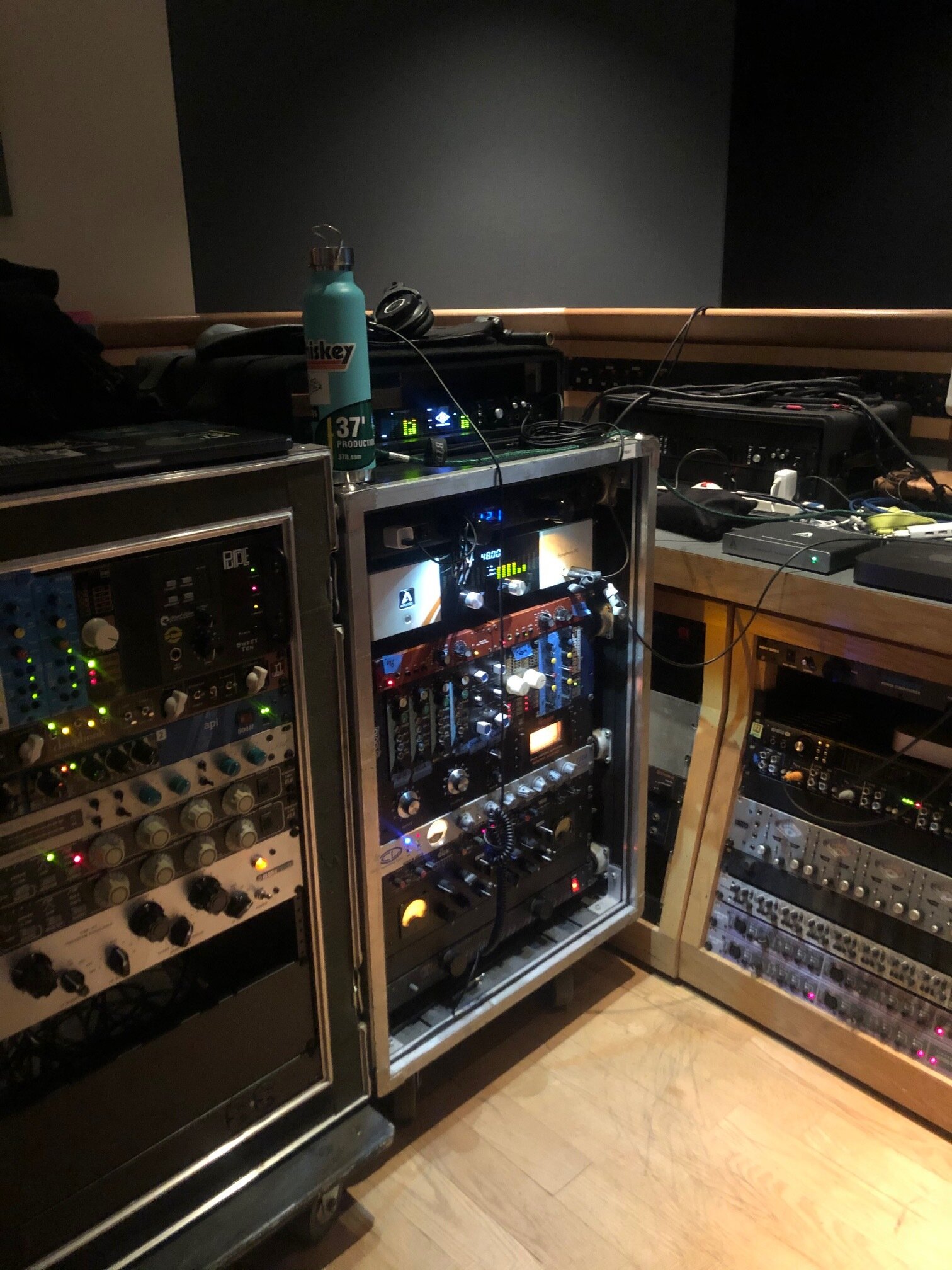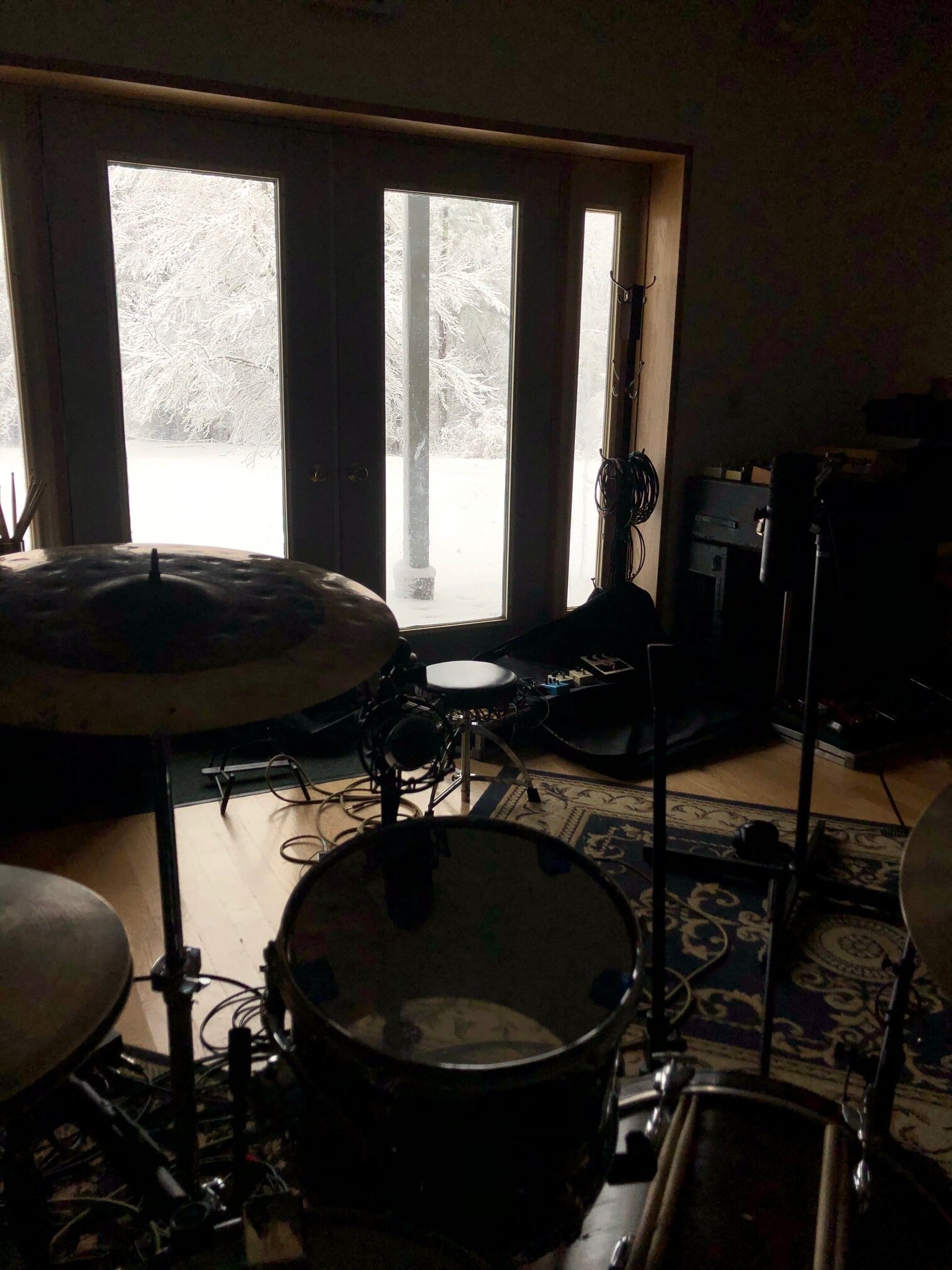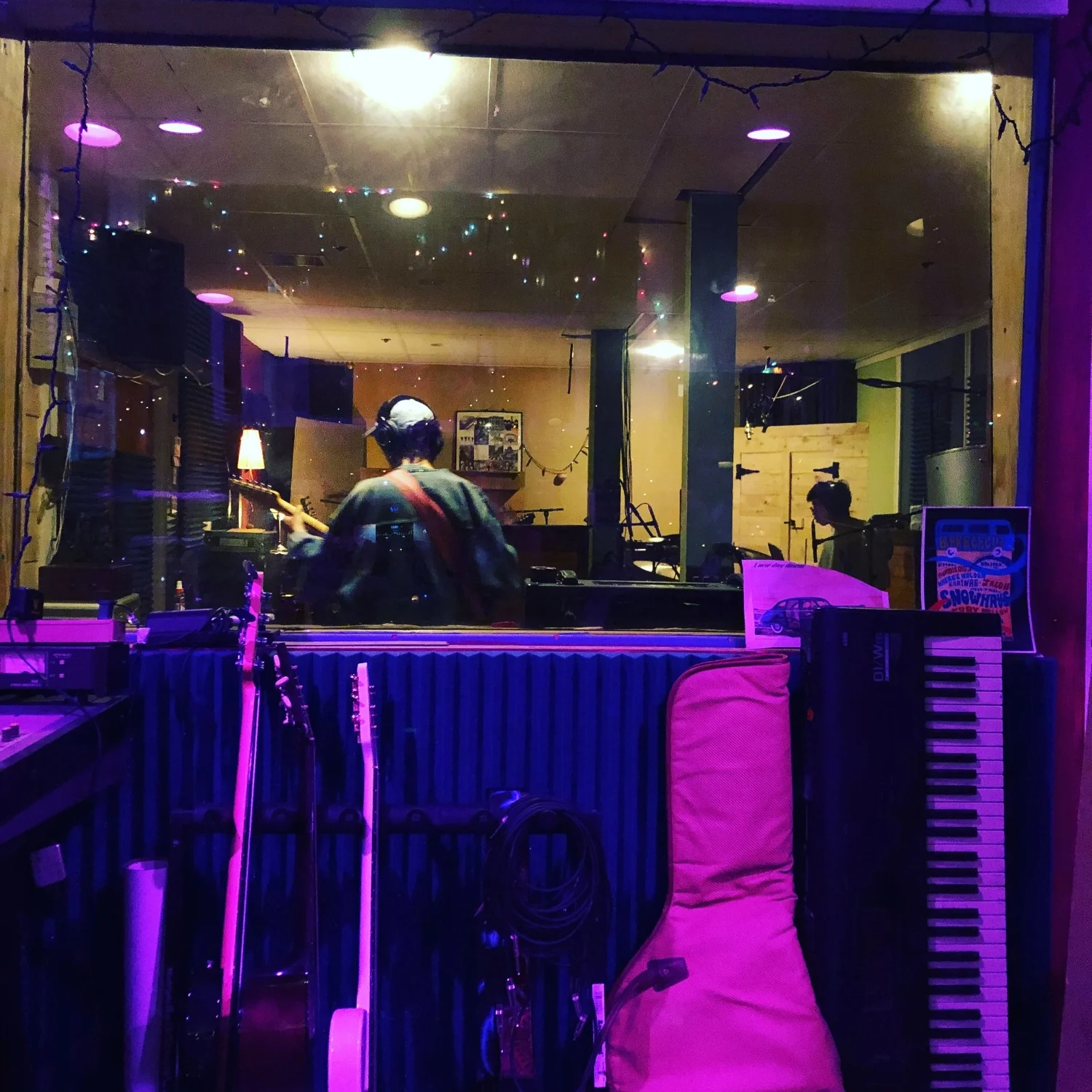Ive struggled with working on headphones for years, they always felt so unnatural to me and nothing I ever did on them would translate. I’ve been in a lot of situations where i’ve had to track on headphones because the band was in the same room as me or we ran out of space at whatever studio I was working in. Sometimes id just have the vocalist come in the control room with me and sing live with the band for them to have as a reference track. Every time I would try to mix solely on headphones id struggle with translation and would just go back to the speakers. Id still check on headphones to make sure my mixes sounded good on them but that was about it. I’ve tried a ton of different kinds of headphones and even got used to a few pairs of them and grew to like them, but none of them can even come close to the Audeze line of headphones. I got turned onto them at an AES show a few years ago but since I hated working on headphones I could never justify investing any more than a few hundred dollars into them. When I moved out here to Portland I decided id give headphones another chance, I was bouncing around to a few different studios and I decided I should finally have a pair of headphones that I totally trusted since id be unfamiliar with every new room I was working in. I reached out to a few friends that I knew were using Audeze headphones and got some advice. I decided to go with the LCD-X headphones after doing a ton of research and not quite knowing what to expect.
When they got here in the mail I was in the middle of tracking an album so I decided to bring them to the studio with me to try them out. The evening before I listened to a few records I knew very well on them to see what they sounded like. I was pretty stunned, I was bouncing back and forth between them and my beloved Neumann KH120 speakers and I was surprised at how similar they sounded. These were the first headphones that sounded like speakers to me. There was no hyped midrange, top, or bottom end like I was used to with most headphones. I actually found that they had a ton of low end but it was extremely accurate low end. The LCD-X headphones are open back but not like any open-back headphones I’ve ever heard, most of them sound thin to me and I could hear a ton of background noise. It’s almost like there’s some noise cancelation going on during playback but when I stop the music they feel open, natural, and comfortable. I tried to work on some mixes with them early on and was always surprised when id listen back on my speakers and love what I had done. I do have to admit them being open back doesn’t always work to my advantage. I cant use them at the airport or in a crowded space because you can actually hear the music quite clearly from the outside even at a low level, and I can hear just enough of the background noise to make it distracting. They are also massive and heavy so these aren’t exactly the kind of things you wanna take on a walk or run. They sound best with a great headphone amp. Ive been using the amp in my Kush main gain, I’ve also used the SPL monitor with them quite a bit. These things have completely changed the way I mix, I can get mixes started on these while I’m traveling and make decisions that I trust. Now that I know them pretty well I’ve also done a ton of mixes entirely on them. These headphones cost a fraction of what a good set of speakers with a sub cost, and they fall right in the middle of the Audeze price point. I can’t recommend them highly enough!
